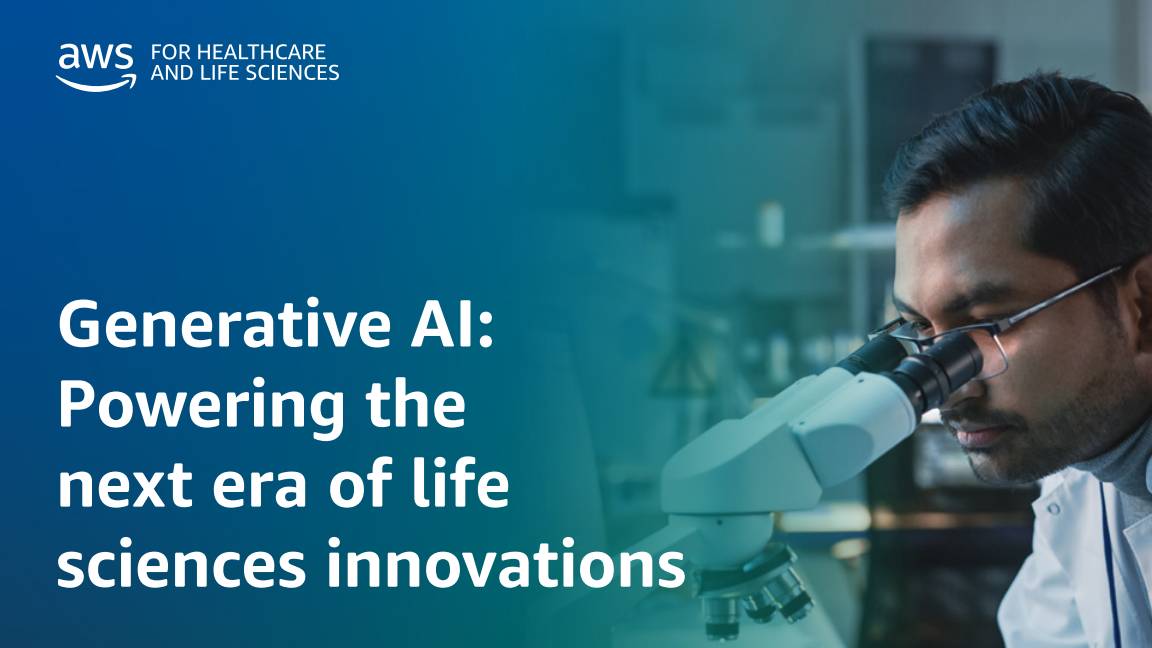Tony Blair thinks AI is a silver bullet for public sector efficiency – but it's not that simple
A recent white paper claimed the public sector could save billions every year by embracing AI, but experts warn this requires the right approach


Last week, the think tank of former British prime minister Tony Blair launched a policy paper claiming that large swathes of public sector work could be automated using AI.
But experts have pushed back on attempts to paint AI as the silver bullet for efficiency, stressing that this is only possible by integrating AI in an appropriate way for each specific organization.
The Tony Blair Institute for Global Change suggested that government departments across the board could cut workforce time by 20% by implementing AI automation solutions.
The expected efficiency gains were even higher for specific ministries, such as the Department for Work and Pensions (DWP), which the body projected could shrink its workforce time by 40%.
The white paper identified the DWP in particular as it is so heavily reliant on paper documentation. Fraud and administrative errors cost the welfare department £9 billion a year, it noted.
In total, the think tank estimated that by implementing AI tools across government departments, the nation could save up to £10 billion annually by the end of the current parliament.
By the end of the next parliament, the Blair Institute projected the savings could total £34 billion per year.
Sign up today and you will receive a free copy of our Future Focus 2025 report - the leading guidance on AI, cybersecurity and other IT challenges as per 700+ senior executives
This would come at the cost of jobs, the paper acknowledged, stating that over the next 20 years around 1.5 million roles could be lost to automation.
In an interview with the Today programme on 9 July 2024, Blair said he thinks the public sector is ripe for a widespread automation drive.
“Government's all about process. You can automate a lot of these processes… In the DWP, where we've done a deep dive with one of Britain’s leading AI companies, we believe that you could automate 40% of the tasks there, and also give a much better service to people."
Embracing AI in the public sector must be done in the right way
Blair argued embracing AI to drive new efficiencies will be imperative for future long-term growth, claiming that just like businesses, nations that fail to embrace AI will fall behind the global community.
Bill Conner, CEO at Jitterbit and former advisor to Interpol and GCHQ, said although the savings projected by the think tank are feasible, implementing AI unilaterally across departments is not.
“We have direct experience with our enterprise AI and we can see savings of up to 40%, relating to business automation and integration. So, Blair's claim is definitely not unbelievable when talking about AI capabilities. However, AI is not a one-size-fits-all solution and could even create more work than it saves if not implemented in the right way,” he explained.
“Too often businesses get caught up in the pursuit of AI, seeing it as a ‘silver bullet’ that promises maximum gains in time, money, and productivity. Prioritization is the key here.”
RELATED WHITEPAPER

Conner outlined where he sees the major sticking points that will inhibit many organizations’ AI implementations, namely its data architecture, which needs to be specifically tailored for AI tools to function properly.
“Legacy data stored in siloed applications and integration issues can significantly hinder progress. For example, enterprises have on average almost 1000 apps, yet only 28% of them are integrated,” he said.
“Instead of going ‘all in’ on flashy AI solutions, companies should prioritize the integration of existing systems and utilize infused AI strategically where it adds the most value. This approach mitigates risks and ensures a smoother transition to a more efficient work environment.”

Solomon Klappholz is a former staff writer for ITPro and ChannelPro. He has experience writing about the technologies that facilitate industrial manufacturing, which led to him developing a particular interest in cybersecurity, IT regulation, industrial infrastructure applications, and machine learning.
-
 Trump's AI executive order could leave US in a 'regulatory vacuum'
Trump's AI executive order could leave US in a 'regulatory vacuum'News Citing a "patchwork of 50 different regulatory regimes" and "ideological bias", President Trump wants rules to be set at a federal level
-
 TPUs: Google's home advantage
TPUs: Google's home advantageITPro Podcast How does TPU v7 stack up against Nvidia's latest chips – and can Google scale AI using only its own supply?